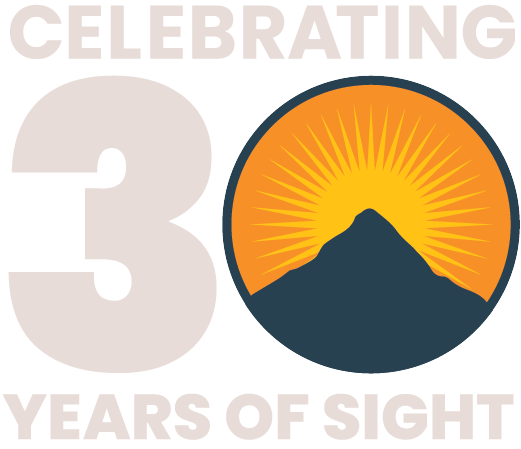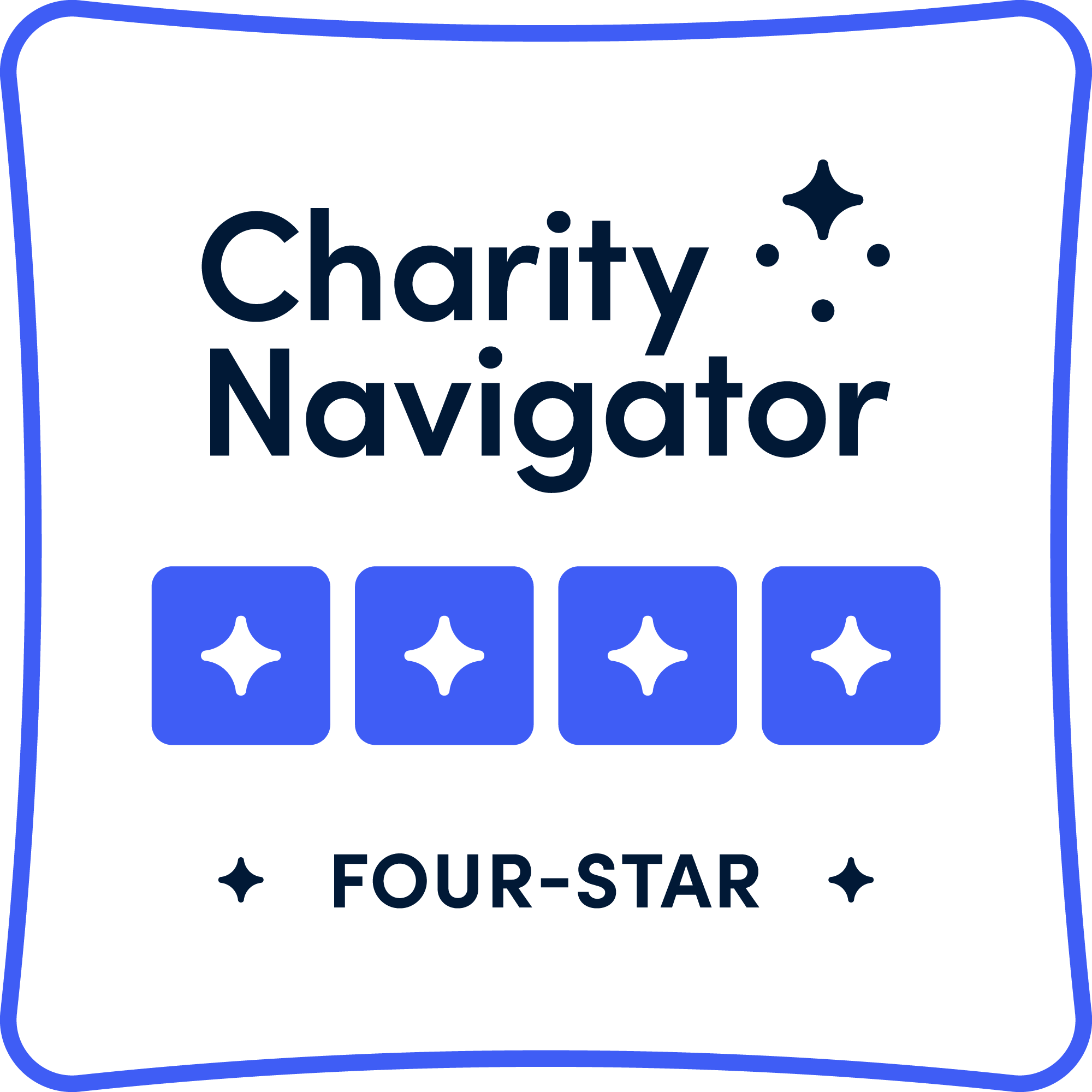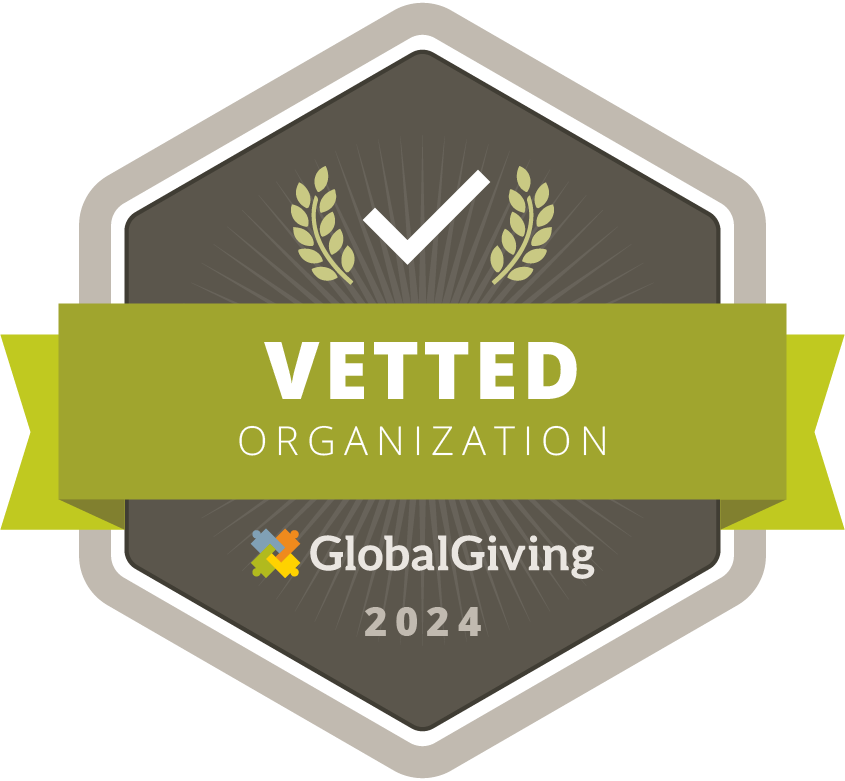13-Year-Old Girl in South Sudan Regains Her Sight
World Sight Day, celebrated the first Thursday of October, this year focused the world’s attention on the importance of eye care in young people and the need to love childrens’ eyes. Cure Blindness Project couldn’t agree more.
Yar Makur Majo lost her sight at eleven.
“I went to fetch water and when I came home I started cooking with my family. After we finished dinner, I went to bed. When I woke up the next day, I couldn’t see anything. My mother brought me to the traditional healer. He told us I was bewitched and he couldn’t do anything for me,” she says.
Devastated by the healer’s news, Yar Makur and her family began reimagining what life might look like moving forward. Life as a blind person in South Sudan is particularly bleak.

Most blind children in sub-Saharan Africa stop attending school. Without an education, they limit future opportunities. Without future opportunities, they’re often destined for a life of poverty. It’s a cycle that’s difficult, if not impossible, to break. The fate of the family member assigned to care for the blind person follows a similar path.
“I was desperate because I couldn’t do anything alone anymore. My female cousin who is three years younger than me took care of me. She led me, brought me to the toilet, and helped me with my food,” Yar Makur explains. Her blindness also meant her young cousin was missing out on an education and the opportunities that might afford her.
“I rarely went out, except to church on Sundays. I felt very useless because I couldn’t help my mother. I am the first female born and in my culture, the first born stays with the mother at home and takes care of the household.”
A Cure Blindness Project volunteer removed Yar Makur’s eye bandages the day after surgery. “I was so happy to see my mother again,” she says before grinning for the world to see.







